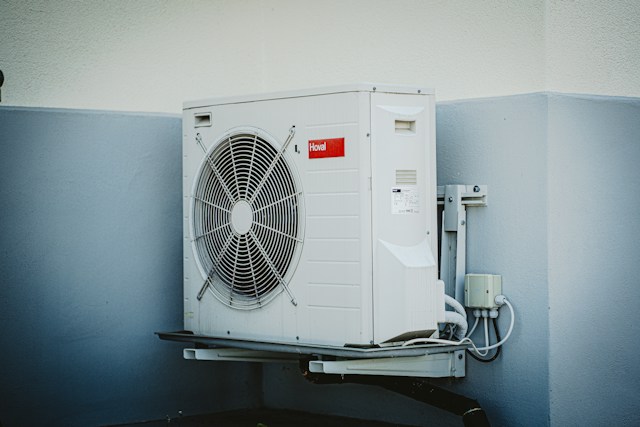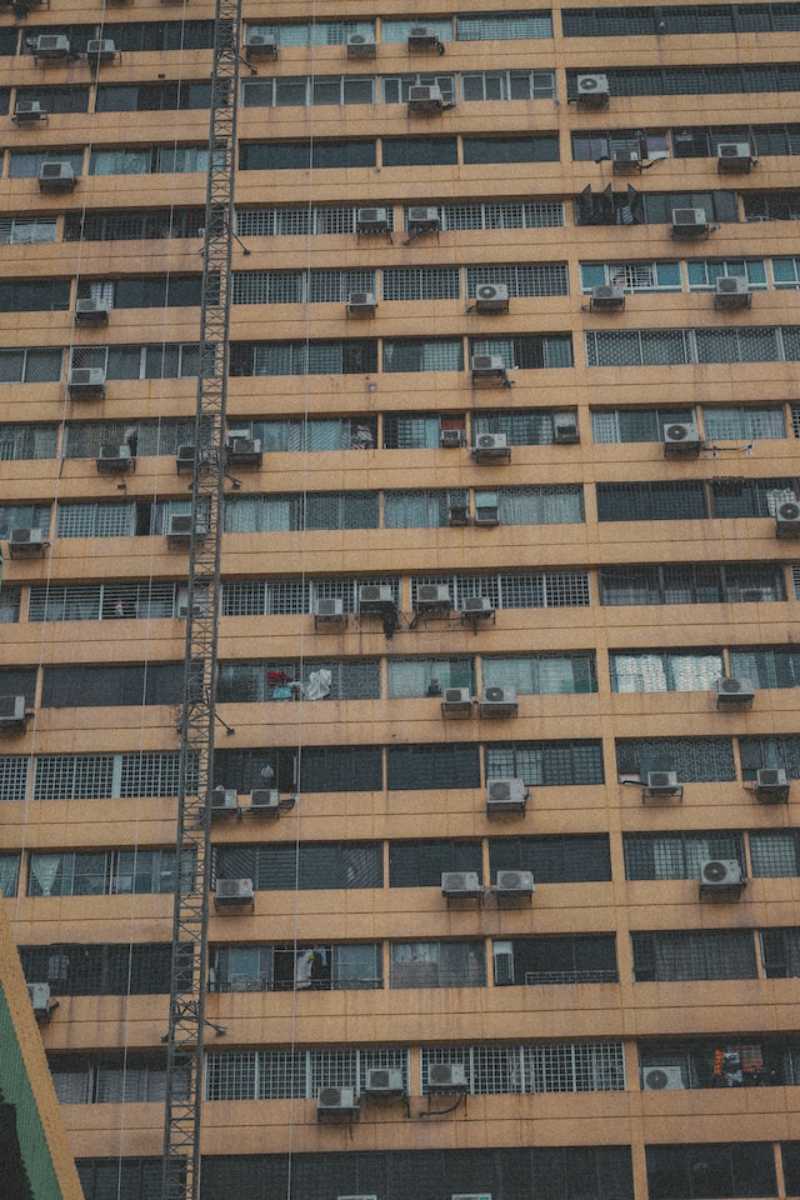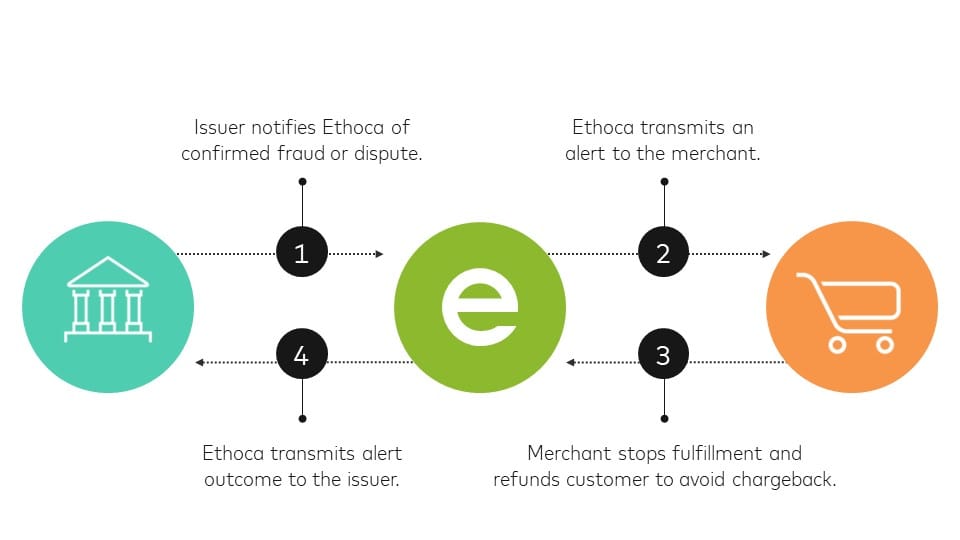
SuperPay helps air conditioning services professionals like yourself get paid as quickly as possible. Choose our platform to power your payments & billing.
As an HVAC professional, staying updated with the ever-changing regulations and standards in the industry is crucial. The HVAC industry is subject to various federal, state, and local regulations, as well as industry standards that dictate how systems should be installed, maintained, and operated. Failing to comply with these regulations can have serious consequences, including legal penalties, financial impacts, and damage to your reputation.
In this blog post, we will discuss the importance of understanding HVAC regulations and the main regulations you need to be aware of. We will explore federal regulations, state and local regulations, and industry standards that apply to HVAC systems. Additionally, we will provide practical tips on how to keep up with changes in HVAC regulations, including staying informed about federal updates, tracking state and local regulatory changes, and subscribing to industry news and updates.
Furthermore, we will delve into the implications of non-compliance with HVAC regulations. We will discuss the potential legal consequences you could face, the financial impacts it may have on your business, and the damage it can cause to your reputation. It is essential to understand the risks associated with non-compliance and take the necessary steps to ensure that your business operates within the legal boundaries.
Lastly, we will provide guidance on how to implement HVAC regulatory updates in your practice. We will explore the importance of staff training and education, adjusting your business processes to align with new regulations, and conducting periodic regulatory compliance audits to ensure ongoing compliance.
By staying updated with HVAC regulations and implementing them effectively in your practice, you can ensure the safety, efficiency, and compliance of your HVAC systems. Join us on this journey as we explore the world of HVAC regulations and equip ourselves with the knowledge and tools needed to stay ahead in this ever-evolving industry.
Understanding the Importance of HVAC Regulations
Understanding the importance of HVAC regulations is crucial for all professionals in the industry. These regulations are in place to ensure the safety, efficiency, and environmental friendliness of HVAC systems. Let's explore why these regulations matter:
Safety: HVAC systems involve complex machinery, electrical components, and potentially hazardous refrigerants. Compliance with regulations ensures that installations, repairs, and maintenance are performed safely, reducing the risk of accidents, fires, and health hazards.
Energy Efficiency: HVAC systems account for a significant portion of energy consumption in residential, commercial, and industrial buildings. Regulations focus on improving energy efficiency by setting standards for equipment, insulation, ventilation, and control systems. Adhering to these regulations helps reduce energy waste, lower utility bills, and minimize environmental impact.
Indoor Air Quality: Proper ventilation and filtration are essential for maintaining good indoor air quality. HVAC regulations outline requirements for ventilation rates, air filtration, and the use of non-toxic materials. Compliance ensures that occupants breathe clean and healthy air, reducing the risk of respiratory issues and improving overall comfort.
Environmental Impact: HVAC systems can have a substantial impact on the environment, especially regarding refrigerant usage and greenhouse gas emissions. Regulations aim to reduce the use of ozone-depleting substances and promote the adoption of environmentally friendly refrigerants. By complying with these regulations, HVAC professionals contribute to protecting the ozone layer and mitigating climate change.
Consumer Protection: HVAC regulations often include provisions that protect consumers' rights and interests. These can involve warranty requirements, disclosure of information, and standards for service and installation. Adhering to these regulations helps build trust with customers and ensures fair and reliable services.
Overall, understanding and complying with HVAC regulations is essential for maintaining safety, promoting energy efficiency, improving indoor air quality, reducing environmental impact, and protecting consumer rights. By following these regulations, HVAC professionals demonstrate their commitment to quality, professionalism, and responsible practices in the industry.
Identifying Main HVAC Regulations
Identifying the main HVAC regulations is crucial for HVAC professionals to ensure compliance and stay updated with the latest requirements. These regulations can be categorized into three main areas: federal regulations, state and local regulations, and industry standards. Let's explore each category in detail:
Federal Regulations
Environmental Protection Agency (EPA) Regulations: The EPA regulates the use and handling of refrigerants in HVAC systems under the Clean Air Act. This includes requirements for the phase-out of ozone-depleting substances, such as chlorofluorocarbons (CFCs) and hydrochlorofluorocarbons (HCFCs), and the transition to environmentally friendly alternatives, like hydrofluorocarbons (HFCs). The EPA also sets standards for the safe disposal of refrigerants and the prevention of refrigerant leaks.
Occupational Safety and Health Administration (OSHA) Regulations: OSHA establishes workplace safety standards that apply to HVAC professionals. These regulations cover topics such as electrical safety, fall protection, hazard communication, and personal protective equipment. Compliance with OSHA regulations helps ensure a safe working environment for HVAC technicians.
State and Local Regulations
Licensing and Certification Requirements: Each state has its own licensing requirements for HVAC professionals. These requirements may include passing exams, completing specific educational programs, and meeting experience criteria. Additionally, some local municipalities may have additional licensing or certification requirements.
Permitting and Building Codes: State and local building codes often have specific requirements for HVAC system installations, modifications, and repairs. HVAC professionals must be familiar with these codes and obtain the necessary permits before undertaking any work.
Energy Efficiency Regulations: Many states and localities have energy efficiency standards and programs in place. These regulations may require HVAC systems to meet certain efficiency ratings or follow specific installation practices. Compliance with these regulations helps promote energy conservation and sustainability.
Industry Standards
American Society of Heating, Refrigerating and Air-Conditioning Engineers (ASHRAE) Standards: ASHRAE develops and publishes standards for HVAC system design, installation, operation, and maintenance. These standards cover a wide range of topics, including ventilation rates, thermal comfort, energy efficiency, and indoor air quality. Following ASHRAE standards helps ensure industry best practices are implemented.
National Fire Protection Association (NFPA) Standards: NFPA standards include regulations for fire protection and safety in HVAC systems. These standards address areas such as electrical safety, fire dampers, smoke control, and fire suppression systems. Compliance with NFPA standards helps minimize the risk of fire hazards in HVAC installations.
Identifying and understanding these main HVAC regulations is essential for HVAC professionals to ensure compliance, maintain a high standard of workmanship, and provide safe and efficient HVAC services. By staying updated with these regulations, professionals can avoid legal issues, protect public health and safety, and contribute to the overall quality of the HVAC industry.
How to Keep Up with Changes in HVAC Regulations
Staying up to date with changes in HVAC regulations is crucial to ensure compliance and maintain a high standard of practice. Here are some effective strategies to help you keep up with these changes:
Staying Informed About Federal Updates
Government Websites: Regularly visit government websites such as the Environmental Protection Agency (EPA) and Occupational Safety and Health Administration (OSHA) websites to stay updated on any new regulations or changes. These websites often provide resources, news updates, and guidance documents related to HVAC regulations.
Industry Associations: Join HVAC industry associations such as the Air Conditioning Contractors of America (ACCA) or the Plumbing-Heating-Cooling Contractors Association (PHCC). These associations often provide members with access to resources, newsletters, webinars, and conferences that cover the latest regulatory updates.
Government Notifications: Sign up for email notifications or alerts from relevant government agencies. Many federal agencies offer subscription services that provide updates on new regulations, proposed changes, and compliance deadlines.
Keeping Track of State and Local Regulatory Changes
State and Local Government Websites: Check the websites of your state and local government agencies responsible for HVAC regulation. These websites often publish updates, guidelines, and information about changes to licensing requirements, building codes, and energy efficiency standards.
Professional Networks: Stay connected with other HVAC professionals in your area through local trade organizations, industry events, or online forums. These networks can provide valuable insights into any recent changes or updates in state and local regulations.
Building Officials and Inspectors: Develop relationships with local building officials and inspectors who enforce HVAC regulations. They can often provide information on recent changes and offer guidance on compliance requirements.
Subscribing to Industry News and Updates
Trade Publications: Subscribe to HVAC trade publications and magazines that cover industry news and updates. These publications often feature articles and editorials that discuss regulatory changes and their implications for HVAC professionals.
Online Resources: Follow reputable online resources, blogs, and websites that focus on HVAC industry news and updates. These sources often provide timely information about regulatory changes, industry trends, and best practices.
Webinars and Conferences: Attend webinars and conferences organized by HVAC industry associations or regulatory agencies. These events often include sessions dedicated to discussing new regulations, compliance strategies, and emerging trends in the industry.
By employing these strategies, HVAC professionals can stay informed about changes in regulations at both the federal and local levels. This knowledge is vital for maintaining compliance, ensuring the safety and efficiency of HVAC systems, and providing high-quality services to clients. Remember, staying proactive and continuously educating yourself is key to thriving in an ever-evolving regulatory landscape.

Implications of Non-compliance with HVAC Regulations
Non-compliance with HVAC regulations can have significant consequences for HVAC professionals and their businesses. It is important to understand the implications of failing to comply with these regulations to mitigate risks and ensure adherence. Here are some key implications to consider:
Potential Legal Consequences
Fines and Penalties: Non-compliance with HVAC regulations can result in fines and penalties imposed by regulatory agencies. These fines can vary depending on the severity of the violation and may accumulate over time if the issue remains unresolved.
Legal Action and Lawsuits: Failure to comply with regulations can expose HVAC professionals to legal action and lawsuits. Non-compliance may result in property damage, personal injuries, or other adverse consequences, leading to legal claims and potential financial liabilities.
Loss of Licensing or Certification: Regulatory agencies may suspend or revoke the licenses or certifications of HVAC professionals who repeatedly fail to comply with regulations. This can severely impact the ability to operate legally and may result in the loss of business opportunities.
Financial Impacts
Costly Repairs and Replacements: Non-compliance with regulations may lead to substandard HVAC installations or maintenance practices. This can result in equipment failures, inefficiencies, and the need for costly repairs or replacements. Non-compliant systems may also consume more energy, leading to higher utility bills for clients.
Loss of Business Opportunities: Non-compliance can damage the reputation of HVAC professionals, leading to a loss of trust from potential clients. Businesses and individuals are more likely to hire HVAC professionals who demonstrate a commitment to compliance and adhere to regulations. Non-compliance can result in a loss of business opportunities and revenue.
Increased Insurance Premiums: Insurance companies may increase premiums or refuse coverage for HVAC professionals who have a history of non-compliance. This can add additional financial burdens to the business and make it more difficult to obtain adequate insurance coverage.
Reputation Damage
Loss of Trust and Credibility: Non-compliance with regulations can damage the reputation and credibility of HVAC professionals. Clients expect HVAC professionals to follow industry best practices and adhere to regulations for the safety and efficiency of their systems. Failure to do so can lead to a loss of trust and negative reviews, impacting the ability to attract new clients.
Negative Public Perception: Non-compliance can result in negative publicity and damage the public perception of the HVAC professional and their business. This can have long-term consequences on the brand image and may require significant efforts to rebuild trust and credibility.
Reduced Referral Opportunities: Satisfied clients are more likely to refer HVAC professionals to others in need of their services. Non-compliance can lead to dissatisfied clients and a lack of positive referrals, limiting the growth potential of the business.
Understanding the potential legal, financial, and reputational implications of non-compliance with HVAC regulations underscores the importance of maintaining compliance and upholding industry standards. By prioritizing adherence to regulations, HVAC professionals can safeguard their businesses, protect their clients, and maintain a positive reputation in the industry.
Implementing HVAC Regulatory Updates in Your Practice
Implementing HVAC regulatory updates in your practice is essential to ensure compliance and maintain the highest standards of service. Here are some key steps to effectively implement HVAC regulatory updates:
Staff Training and Education
Stay Updated: Regularly educate yourself and your staff about the latest HVAC regulations. Attend training sessions, workshops, and webinars that focus on regulatory updates. Encourage your team to stay informed and share knowledge within the organization.
Training Programs: Develop training programs that address specific regulatory requirements. Ensure that your staff is well-versed in the latest installation, maintenance, and repair practices outlined in the regulations. Provide resources, such as training manuals and online courses, to support their learning.
Continuing Education: Encourage your staff to participate in continuing education programs. This will help them stay up to date with the evolving industry standards and regulations. Offer incentives or rewards for completing relevant courses or certifications.
Adjusting Business Processes
Review and Update Procedures: Evaluate your existing business processes and procedures to ensure they align with the new regulatory requirements. Make necessary adjustments to your workflows, documentation, and record-keeping practices to ensure compliance.
Equipment and Inventory Management: Ensure that the equipment you use meets the latest regulatory standards. Keep track of your inventory and phase out any outdated or non-compliant components or materials. Regularly review and update your inventory management practices to ensure compliance with regulations.
Contractor and Vendor Selection: Choose contractors and vendors who also adhere to HVAC regulations. Verify their compliance history, licenses, and certifications. Establish clear expectations regarding regulatory compliance in your contracts and agreements.
Periodic Regulatory Compliance Audits
Internal Audits: Conduct regular internal audits to assess your compliance with HVAC regulations. Review your procedures, documentation, and practices to identify any areas of non-compliance. Address any issues promptly and implement corrective measures.
Third-Party Audits: Consider engaging third-party auditors to conduct independent compliance audits. These auditors can provide an unbiased assessment of your compliance with regulations and identify any potential gaps or areas for improvement.
Documentation and Record-Keeping: Maintain comprehensive documentation and records of your compliance efforts. This includes permits, licenses, training records, inspection reports, and maintenance logs. These records will serve as evidence of your commitment to compliance in case of regulatory inspections or audits.
By implementing HVAC regulatory updates in your practice, you demonstrate your dedication to maintaining compliance and providing high-quality services. Regular staff training, adjusting business processes, and conducting periodic audits will help ensure that you stay updated with regulations and operate within the legal boundaries of the HVAC industry. It is important to view regulatory compliance as an ongoing commitment that requires continuous monitoring, improvement, and adaptation to stay ahead in the ever-changing regulatory landscape.


